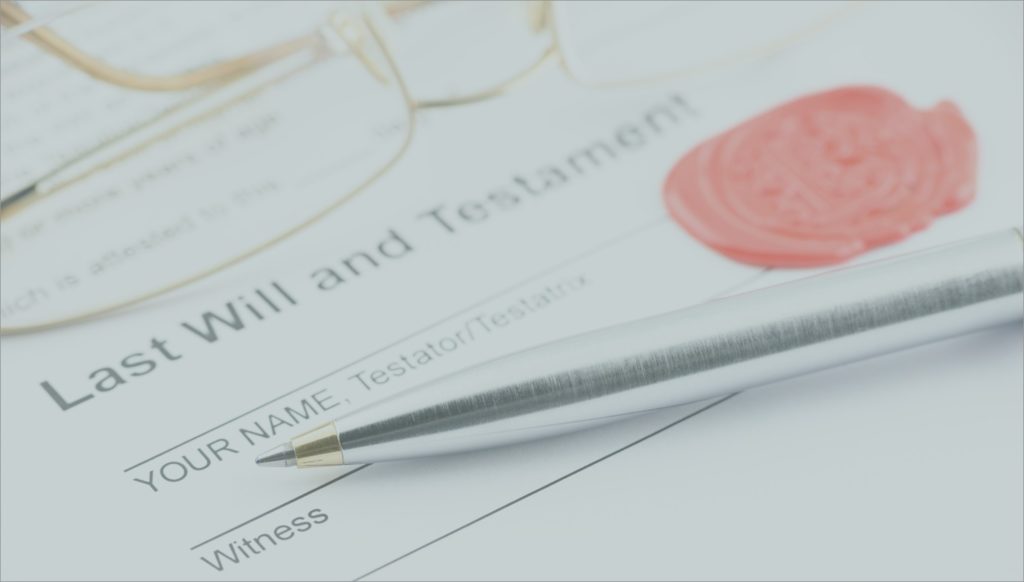There comes a time in everyone’s life where they need to think about what they want to happen with their assets after they die.
In almost all cases, that means leaving everything to heirs, but they might not know the steps they need to take in order to make that happen.
In this post we’ll look at some common, easily implemented strategies for planning your estate and what you can do to make sure your heirs are protected financially after you pass.
Taking Inventory
You can’t plan your estate until you consider what it consists of. An estate worth one or two million dollars is handled very differently from one worth north of five million. As with all things that scale up, there are special situations that you need to keep in mind and prepare for but, at the same time, there are truths that apply universally across all levels.
Take for instance, the will.
You probably know what a will is — a legal document where you express your wishes as to how you want your assets and property to be handled after your death. It’s a pretty standard document for a person to have, regardless of how large or small the estate will be when that person passes.
While a will is a good place to start, there are several other vehicles that can help your heirs after your death, one being a revocable living trust. This is a trust that you create and have the opportunity to terminate any time before your death. Assets within this type of trust are held for a beneficiary that you name and it is a good place to park any non-retirement assets. Think things like valuable jewelry, real estate, and stocks.
If you skip creating one of these trusts, then those assets might instead go through probate, which is a legal process where your items are inventoried and money is spent (on lawyers and court fees) determining what has to be done with your things.
When it comes to your life insurance policy, it might be a good idea to place that in what’s called an Irrevocable Life Insurance Trust. By having the trust hold the policy, the payout of your life insurance isn’t taken into account when calculating the worth of your estate. This means your heirs receive a tax-free payout unconnected to any other scrutiny your estate might come under. In addition, a life insurance policy is good for creating a windfall of cash for your heirs that is independent of the sale of any property. The money paid out from a policy could help cover any expenses without having to immediately sell off property.
What You Want to Avoid
The above tips for estate planning are all well and good, but they won’t do you much good if you don’t know what to avoid when planning for your future.
There are many stories in the media about celebrity estates thrown into turmoil because of a lack of forethought. Take, for instance, iconic musician Prince, who died last year. By all accounts, he didn’t have a will and his multimillion-dollar estate is currently going through the legal process of being sorted out as a result.
People with what are likely dubious claims to his estate have come forward. One man claims to be an illegitimate son while a woman and her niece claimed to be would-be heirs because the late musician had close ties to a blood relative of theirs.
Prince only had one publicly acknowledged child, who unfortunately died young, and several siblings, among whom his estate is likely to be split whenever everything is finally settled. Still, because he didn’t have a will, all of that is for the courts to decide.
As you can see, the entire thing is a mess that could have been avoided with the proper planning.
Hopefully your estate won’t be as complicated as the example I’ve just laid out, but you can see how quickly things can get out of hand without a plan in place.
That’s why it pays to work with a professional financial advisor who can help you create an ironclad strategy that will ensure what you’ve built is there to benefit your heirs for years to come.
As always, I’m here to help. Feel free to contact me with any questions you might have about estate planning and let’s make sure you have everything you need for a secure future.
Content in this material is for general information only and not intended to provide specific advice or recommendations for any individual. Pence Wealth Management and LPL Financial do not provide legal advice or services.
